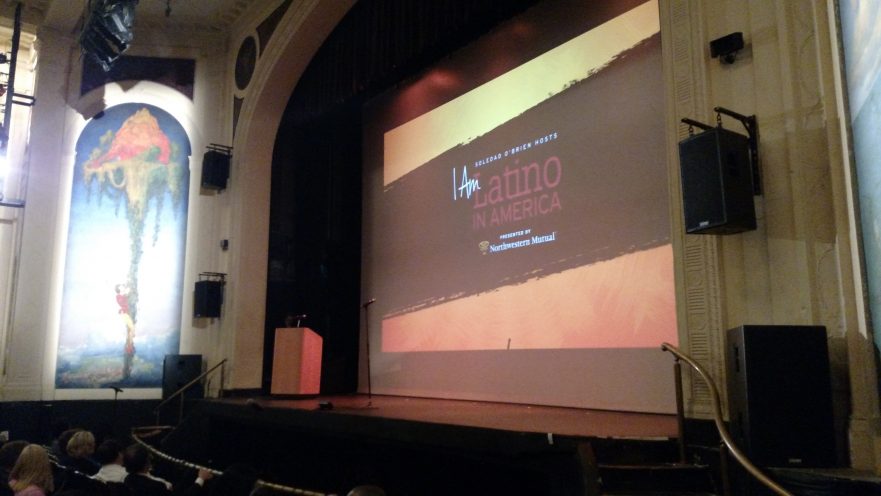Far too many teachers aren’t fully qualified | The Sacramento Bee:
Far too many teachers aren’t fully qualified
Teacher Larry Ferlazzo works with a student in January at Luther Burbank High School in Sacramento, which pairs student teachers with veteran teachers. Randall Benton rbenton@sacbee.com
Read more here: http://www.sacbee.com/opinion/op-ed/article83516302.html#storylink=cpy
My friend was amazed at her son’s new teaching job. Me, too, unfortunately.
This 25-year-old man was offered a spot at an Arizona charter school as an elementary-school music teacher and director of the school’s string ensemble. He majored in music and certainly knows it inside out, though he doesn’t play strings. He’s been a working musician for the past four years.
But he has no teaching credential, no experience teaching, no experience with kids, period. He was interviewed and hired over the phone. Maybe he’ll do fine. But teacher shortage or not, this isn’t how schools should be hiring educators.
OK, that’s Arizona, where rules to make sure charters provide a quality education are considered a quaint notion. Unlike in California, they can hire teachers without any credentials. It’s one of several reasons why studies find that charter schools in our neighboring state perform worse than traditional public schools.
California doesn’t stoop that low – but it doesn’t stretch all that high, either.
Our public schools, charter and traditional, are hiring less-than-fully-qualified teachers in increasing numbers.
A recent
report by the Learning Policy Institute examined the situation in the 2014-15 school year and compared it to two years earlier. The results make it clear that the teaching shortage isn’t a demographic forecast. It’s very real and promising to worsen. Schools have to compete with better-paying careers – and certainly ones that get more respect from our society.
The number of short-term and provisional teaching permits has tripled – permits that, the report says, are allowed only when schools can’t find enough fully credentialed teachers. In fact, it said, a third of all hires were teachers holding sub-standard credentials.
The supply of new teachers is at a 12-year low. Last year,
according to the Bakersfield Californian, the Bakersfield City School District hired more teachers with emergency credentials than those with full qualifications.
The best of the proposals to do something about this is
Senate Bill 933, which would create a three-year residency program for students in graduate school to get a teaching credential.
The first year, they would get $30,000 to help defray expenses; they would work in the classroom of a mentor teacher, who would get a stipend of a few thousand dollars for the extra work.
The next two years, the student would teach in a classroom, receiving wages from the school district, but be closely monitored by the mentor. That kind of training has been found to keep new teachers in the profession longer. It’s a waste of a lot of education when new instructors leave after a couple of years.
There are other, potentially useful ideas: a loan forgiveness program, and a smart but underfunded proposal by Gov. Jerry Brown encouraging colleges to provide teaching credentials as part of a bachelor’s degree instead of requiring graduate school.
California is the only state where an undergraduate teaching credential is nearly unheard of, and the fifth year of required college could be enough to turn some people away from teaching.
But at $10 million – $250,000 for each college that sets up a program – the tight-fisted governor is barely providing enough for start-up. Four-year credential programs aren’t cheap to run; how would colleges afford to keep them?
















